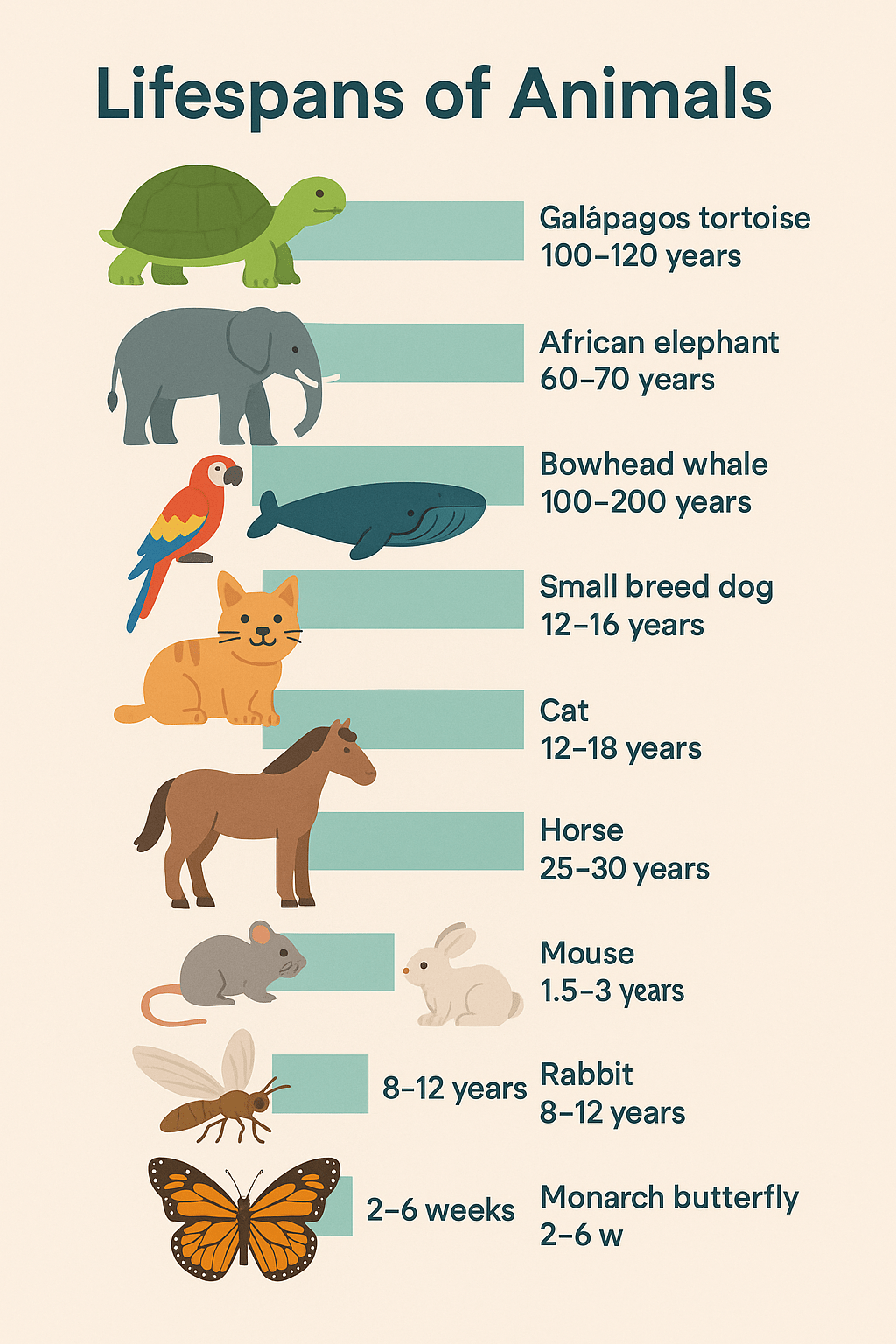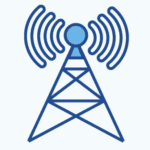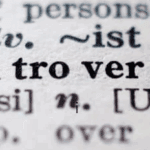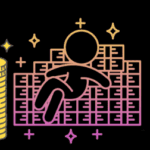
Digital Dementia: The Modern Epidemic of Cognitive Decline

In an era where technology is an integral part of our daily lives, our reliance on digital devices has never been greater. From smartphones to tablets, we use these tools to navigate, communicate, and manage nearly every aspect of our existence. While these devices offer incredible convenience, there is a growing concern among scientists, healthcare professionals, and psychologists about a phenomenon known as “digital dementia.” This term describes the cognitive decline resulting from the overuse of technology, particularly in how it impacts our memory, attention, and cognitive functioning.
What is Digital Dementia?
Digital dementia is a term coined by German neuroscientist Manfred Spitzer, referring to the cognitive impairment observed in individuals who excessively use digital devices. It draws a parallel between the symptoms of dementia and the cognitive decline linked to overreliance on digital technology. The term encapsulates a wide range of symptoms, including memory loss, reduced attention span, impaired problem-solving abilities, and difficulties in learning new information.
The Rise of Digital Dementia
The rise of digital dementia can be traced to the explosion of digital devices and their pervasive presence in our lives. According to a report by Statista, the number of smartphone users worldwide reached approximately 6.92 billion in 2023, representing over 86% of the global population. With more people connected to the digital world, the potential for overuse and cognitive decline has increased dramatically.
The average adult spends over 7 hours a day on digital devices, according to a 2023 report by Hootsuite and We Are Social. This staggering statistic includes time spent on smartphones, computers, tablets, and other digital devices. The same report highlights that the average person checks their smartphone 58 times a day, with 70% of these sessions lasting less than two minutes. This constant switching between tasks and reliance on devices for information retrieval can lead to a reduction in cognitive abilities over time.
The Impact on Memory
One of the most significant concerns regarding digital dementia is its effect on memory. Traditionally, our brains have been conditioned to store and recall information as needed. However, with the advent of digital devices, many people now rely on their smartphones or computers as external memory storage, leading to a phenomenon known as “Google Effect” or “Digital Amnesia.”
A study conducted by Kaspersky Lab found that 91% of users in the U.S. and Europe reported that they rely on the internet and their devices as an extension of their memory. Instead of memorizing information, people are increasingly turning to search engines or digital notes to recall facts, phone numbers, and appointments. This shift away from traditional memory processes can weaken our brain’s ability to store and retrieve information, making us more prone to forgetfulness and reducing our overall cognitive sharpness.
Attention and Focus: The Victims of Digital Overload
The overuse of digital devices has also been linked to a decline in attention span and focus. The constant notifications, alerts, and multitasking that come with digital technology can fragment our attention and make it challenging to concentrate on a single task for an extended period. Research by Microsoft found that the average human attention span has dropped from 12 seconds in 2000 to just 8 seconds in 2021, which is shorter than the attention span of a goldfish.
This decline in attention span is concerning, as it not only affects our ability to focus on tasks but also hinders our capacity to engage in deep, reflective thinking. In educational settings, this reduced attention span can lead to difficulties in learning and retaining information, while in the workplace, it can result in decreased productivity and increased errors.
The Cognitive Consequences
The cognitive consequences of digital dementia extend beyond memory and attention. Studies have shown that excessive screen time and digital multitasking can impair problem-solving abilities, reduce creativity, and hinder the development of critical thinking skills. A study published in the journal PLoS One found that people who frequently multitask with digital devices perform worse on cognitive tasks that require sustained attention and problem-solving compared to those who use devices less frequently.
Moreover, the overuse of digital technology has been linked to changes in brain structure. A study conducted by the University of Pennsylvania found that high levels of smartphone use are associated with a decrease in gray matter volume in the anterior cingulate cortex, a region of the brain involved in decision-making, impulse control, and emotional regulation. This reduction in gray matter can have long-term effects on cognitive functioning, potentially leading to symptoms similar to those observed in early stages of dementia.
The Younger Generation at Risk
While digital dementia is a concern for all age groups, it is particularly alarming among younger generations. Children and adolescents, who are growing up in a digital world, are increasingly exposed to screens from an early age. According to a study by Common Sense Media, children aged 8-12 in the U.S. spend an average of 4.44 hours per day on screens, while teenagers spend an average of 7.22 hours per day. This early and excessive exposure to digital devices can have detrimental effects on cognitive development, including memory, attention, and social skills.
A study published in the journal JAMA Pediatrics found that children who spent more than two hours a day on screens scored lower on language and cognitive tests compared to those who spent less time on screens. Furthermore, the study found that children with higher screen time had poorer memory and attention, indicating a potential link between screen use and digital dementia in younger populations.
Strategies to Combat Digital Dementia
While the rise of digital dementia is concerning, there are steps individuals can take to mitigate its effects and protect their cognitive health:
- Digital Detox: Taking regular breaks from digital devices can help reduce cognitive overload and allow the brain to rest and recover. Designate specific times of the day to disconnect from technology, such as during meals, before bedtime, or during outdoor activities.
- Memory Exercises: Engage in activities that challenge your memory, such as puzzles, reading, or learning a new skill. These activities can help strengthen your brain’s ability to store and retrieve information.
- Mindful Use of Technology: Be conscious of how and when you use digital devices. Limit multitasking and focus on one task at a time. Turn off unnecessary notifications to reduce distractions and improve concentration.
- Physical Activity: Regular physical exercise has been shown to improve cognitive function and reduce the risk of cognitive decline. Incorporate physical activity into your daily routine to support brain health.
- Social Interaction: Engaging in face-to-face social interactions can help improve cognitive function and reduce the risk of digital dementia. Make time for in-person conversations with friends and family, and limit social interactions through digital means.
Conclusion
Digital dementia is a modern phenomenon with far-reaching implications for cognitive health. As our reliance on digital devices continues to grow, it is essential to be aware of the potential risks and take proactive steps to protect our cognitive abilities. By striking a balance between digital convenience and cognitive well-being, we can enjoy the benefits of technology without compromising our mental health.
As we navigate this digital age, it is crucial to remember that our brains are not just passive recipients of information but active participants in our cognitive journey. Protecting our cognitive health requires mindfulness, intentionality, and a commitment to preserving the very faculties that make us human.
Hello, I am Aman (: Full Time Traveler :) At the age of 41, in April 2023, fueled by my love for travel and the determination not to remain fixed like a tree, I embarked on a bold journey. Having dedicated 17 years to a corporate job, I chose to transition from a full-time employee to a full-time traveler, driven by the desire to break free from the routine and constraints of a conventional life. Along the way, I not only explored the wonders of travel but also uncovered the transformative power of financial freedom. I realized how it could liberate me to lead a life teeming with adventure, purpose, and fulfillment. Through my blogs, I am passionately sharing my story, aiming to inspire and provide valuable guidance to those, like me, who aspire to weave travel into a life overflowing with limitless possibilities.





















Post Comment
You must be logged in to post a comment.